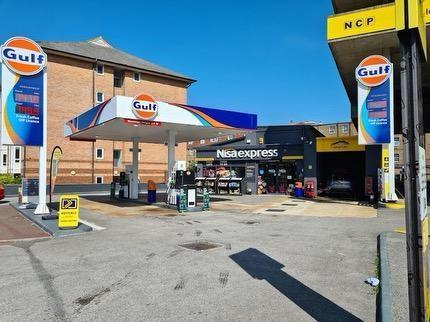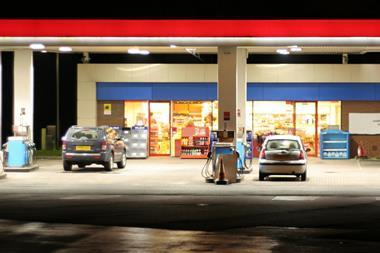
Forecourt and convenience stores spent £1 billion over the past year ”futureproofing” their businesses with improvements including new services, and technology such as energy efficient refrigeration and lighting, self-service tills, and anti-theft equipment.
This is according to the Association of Convenience Stores, which says the uplift on the previous 12 months’ investment of £646 million represents the biggest expenditure in these areas since it began recording this information in 2012. Its Local Shop Report 2024, published today, notes that 56% of independent retailers fund investment from their own reserves.
The report also found that more than one in six convenience outlets, 17%, now has a self-service till, up from just 3% in 2019, and 47% offer some form of home delivery/click and collect service.
The average customer spends £8.04, on 2.8 items, the report finds.
ACS chief executive James Lowman says: “The investment figures we’ve seen this year are not surprising, as retailers tell us that they’re futureproofing their stores in two main ways.
”Firstly through hardware like efficient refrigeration, self-service tills and electronic shelf edge labels to increase the productivity of the business, and secondly through an increasingly diverse range of services like cash machines, banking services, Post Offices, prescription collections and dry cleaning – all services that previously would have taken their own place on the high street but are being brought under one roof to ensure that local people still have access to them.”
The report also highlights the important role that the UK’s 50,376 forecourt and convenience stores play, offering local, flexible and secure employment to around 445,000 people. Some 71% of the outlets are run by independent retailers, 80% of which were actively involved in their community over the past year, says the ACS.
“The convenience sector continues to demonstrate its importance to the UK economy at both a local and national level, as a vehicle for investment, as a job creator, and as a means of generating over £9 billion in tax income for the Treasury,” adds Lowman.
































